Negotiators seeking successful and lasting partnerships need reliable guidance to improve their skills. Bargaining for Advantage: Negotiation Strategies for Reasonable People by business professor G. Richard Shell (Reissue ed., 2000) is my second bookend reference in this category.
Happy Dogs in France: Negotiation Success Relies Upon Dynamic Abstraction
Are Elections a Negotiation? Interlocking Keys
Citizens value elections, whether their government is a democracy (‘the many’), oligarchy (‘the few’), or autocracy (‘the one’). Already, upcoming US elections are referred to as pivotal or flawed, clear-cut or competitive. UK citizens are counting on their government to effectively interpret Brexit, the yes-no vote to leave the EU. Israel finally has a stable government after three back-to-back elections; Belarus contests their one; Russians wonder about their next.
Rubbing Someone the Wrong Way: Negotiations Rely on Compatible Expectations
We transmit information using language and work to understand that information with culture, all on the way to finding solutions. Our perception highly influences our understanding, meaning the view you have of the situation can and will differ from others'. Moreover, perception creates expectations.
Are Elections a Negotiation? Setting the Stage
News about America’s November 3 elections consumes attention, with in-person speeches trimmed to social media sound bites, even more so this year due to COVID-19. The UK hurtles toward Brexit from the EU at the end of 2020, having attempted course-correcting elections nearly every two years since 2015. Elections in other democracies like Israel, Germany, and India consumed yesterday’s news, as did elections even in oligarchies and autocracies.






